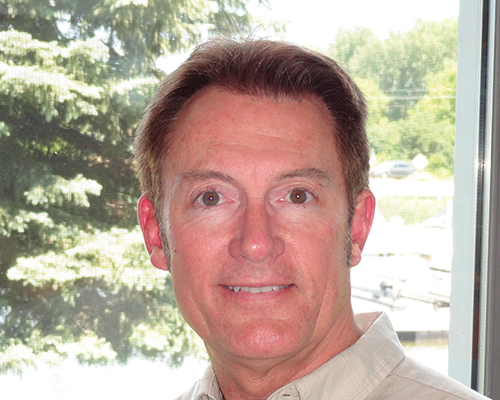“Health & wellness” is a big topic that includes many things. So where to begin? With stress! The more we learn about the negative effects of stress, the more we know that stress affects everything from our physical functioning to our emotional wellbeing.
The neurological, biochemical, and psychological effects of stress affect our heart and other organs, as well as our weight, sleep, and mood; our ability to fight infection and to interpret and respond effectively to our environments; and our sense of security and self-esteem. Stress can trigger all sorts of not-so-good habits and can wreak havoc in our relationships. I believe the appropriate response here would be, “Yikes!”
Since we know that stress is so bad for us, here are a few things to consider in better understanding and managing our stress levels along our journeys to inner peace, tranquility, and all-around grooviness (OK, or just getting through the day):
Stress related to social-justice challenges
In addition to all of the typical sources of stress people have to navigate in their daily lives, LGBTQ people and other members of stigmatized groups are also exposed to the stress associated with discrimination, prejudice, oppression, inequities in civil rights and legal protections, fear of violence, and safety concerns. Often referred to as “minority stress,” the negative effects on physical and mental health of chronic exposure to these sorts of stressors have been well documented. Some recent studies have documented negative health impacts related to specific institutional discrimination such as marriage inequality, and the differences in the health of LGBTQ people living in states with or without a ban on same-sex marriage.
“Microaggressions” is another useful concept in appreciating sources of stress that refers to experiences in daily interactions with others (intended or not) of prejudice, put-downs, marginalization, or other insult. More subtle in nature than overt aggression or discrimination, the impacts of these sorts of messages and experiences can be harder to identify and harder yet to respond to. A colleague of mine likens the cumulative impact over time of these sorts of insults to “death by a thousand paper cuts.” In contrast, when we know we are entering overtly hostile surroundings, we can at least somewhat better prepare ourselves and usually feel clearer about what transpired, who is responsible, and how we need to respond.
It is important to recognize, name, and talk about this sort of stress when it occurs so it doesn’t build up, you don’t blame yourself, and you can consider your options. If you don’t already have safe people and spaces in which to vent, consider contacting your local or regional LGBTQ community center to see about options for connecting with others in your community, contacting one of the national hotlines or organizations available for peer support and self-care options (e.g., the LGBT National Help Center at 1-888-843-4564, and others), and/or working with a psychotherapist.
Stress related to our internal dialogue
How are we talking to ourselves? What kind of a self-coach are we? Our internal dialogue can greatly affect our interpretations and reactions to external events for better or worse. Negative, harsh self-statements can become automatic and debilitating. Begin with awareness of your “favorite” self-putdowns, then practice immediately interrupting them and replacing them with more realistically self-enhancing and solution-oriented statements like a compassionate and effective coach. If you get stuck, imagine what a mentor or other helpful figure (real or fictional) might say in that situation. Changing habitual negative self-talk takes repeated practice over time to change, but it most certainly CAN be done and makes a difference!
Other stress-management strategies
Yes, a health-promoting diet, regular exercise, getting enough sleep, avoiding overindulging in alcohol or other things, and not smoking are very important considerations in boosting our resilience to all of those stressors constantly swirling about us. Like a kitchen sponge soaks up water and needs to be regularly wrung out to get rid of the excess and be effective again, so too do we humans tend to absorb stressors and need regular release to keep our stress levels from building up and having a toxic effect on our health and wellbeing. Strive to incorporate simple, health-promoting practices that are really doable every day or nearly every day. Be protective of your time and boundaries. Psychotherapy and self-help groups can be very helpful. Other wellness activities to explore include meditation, mindfulness, yoga, acupuncture, creative self-expression, laughter, stimulating conversations, and learning new things.
“Tension is who you think you should be. Relaxation is who you are.” —Chinese proverb
Dr. Dennis Christoffersen is a licensed psychologist in private practice (Child & Family Psychological Services located in Madison, WI) whose specialty areas include LGBTQ concerns. He is also a senior psychologist at University Health Services and a clinical professor in the Department of Counseling Psychology at the University of Wisconsin–Madison.
























0 Comments